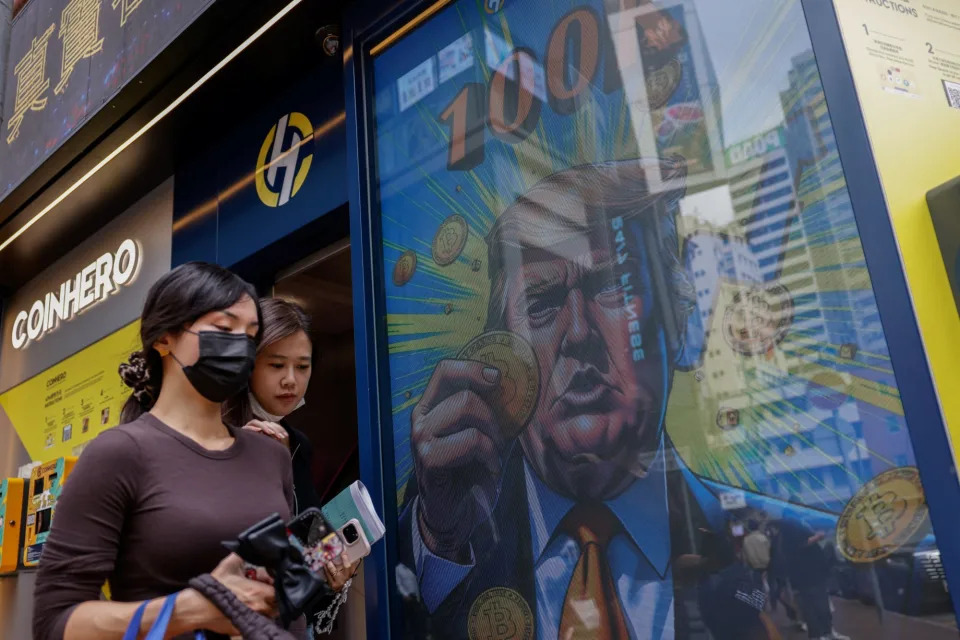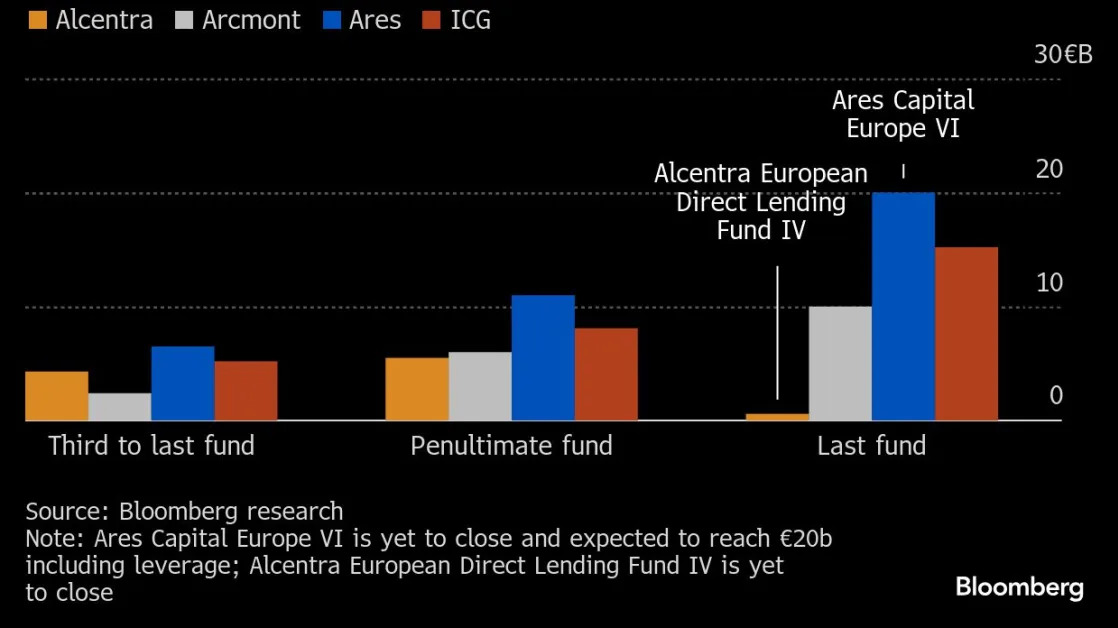China's foreign exchange regulator released new rules that require banks to flag risky trades, including those involving cryptocurrencies , which would make it more difficult for mainland investors to buy and sell bitcoin and other digital assets.
Banks are expected to monitor and report "risky foreign exchange trading behaviours", including underground banks, cross-border gambling and illegal cross-border financial activities involving cryptocurrencies, according to last week's announcement by the State Administration of Foreign Exchange .
The rules, applicable to local banks across mainland China, also require them to track such activities based on the identity of the institutions and individuals involved, source of funds and trading frequency, among other factors.
Do you have questions about the biggest topics and trends from around the world? Get the answers with SCMP Knowledge , our new platform of curated content with explainers, FAQs, analyses and infographics brought to you by our award-winning team.
In addition, banks are required to put in place risk-control measures that cover those entities and restrict provision of certain services to them, the regulator said.
The latest rules reflect how Beijing continues to exercise draconian regulation to root out commercial cryptocurrency activities, such as bitcoin trading and mining, as the digital asset is considered a threat to the country's financial stability.

Chinese regulators remain against activities related to bitcoin and other cryptocurrencies. Photo: Shutterstock alt=Chinese regulators remain against activities related to bitcoin and other cryptocurrencies. Photo: Shutterstock>
"The new rules will provide another legal basis for punishing cryptocurrency trading," Liu Zhengyao, a lawyer at ZhiHeng law firm in Shanghai , wrote in a WeChat post last week. "It can be foreseen that mainland China's regulatory attitude towards cryptocurrencies will continue to tighten in the future."
The practice of using the yuan to buy cryptocurrencies before exchanging the digital asset for various foreign fiat currencies can be considered "cross-border financial activities involving cryptocurrencies" under the new forex rules, especially if the amount exceeded the legally allowed value, according to Liu.
The new rules will make it "increasingly difficult in the future to evade the country's forex regulations through crypto", Liu said.
Beijing first banned initial coin offerings and ordered crypto exchanges to shut down in 2017. It ramped up this crackdown in 2021, when bitcoin mining was banned and all crypto-related businesses were declared illegal.

An illustration that features Donald Trump holding a bitcoin is displayed outside a cryptocurrency exchange store in Hong Kong. Photo: Reuters alt=An illustration that features Donald Trump holding a bitcoin is displayed outside a cryptocurrency exchange store in Hong Kong. Photo: Reuters>
A historic rally in bitcoin prices , fuelled by Donald Trump 's crypto-friendly stance and his US election victory, has prompted more experts in China to call for a relaxation of Beijing's strict policies against these digital assets.
Still, the Chinese government has given no indication that it will loosen regulation and open up this sector.
The Supreme People's Court in August ruled that using cryptocurrency to transfer or convert criminal proceeds violate China's criminal law, which raises legal risks for traders.
Last year, the Supreme People's Procuratorate and forex regulator called for stronger supervision of forex trading, especially in cases where the tether stablecoin was used as an intermediary to trade the yuan with other currencies.
This article originally appeared in the South China Morning Post (SCMP) , the most authoritative voice reporting on China and Asia for more than a century. For more SCMP stories, please explore the SCMP app or visit the SCMP's Facebook and Twitter pages. Copyright © 2024 South China Morning Post Publishers Ltd. All rights reserved.
Copyright (c) 2024. South China Morning Post Publishers Ltd. All rights reserved.






